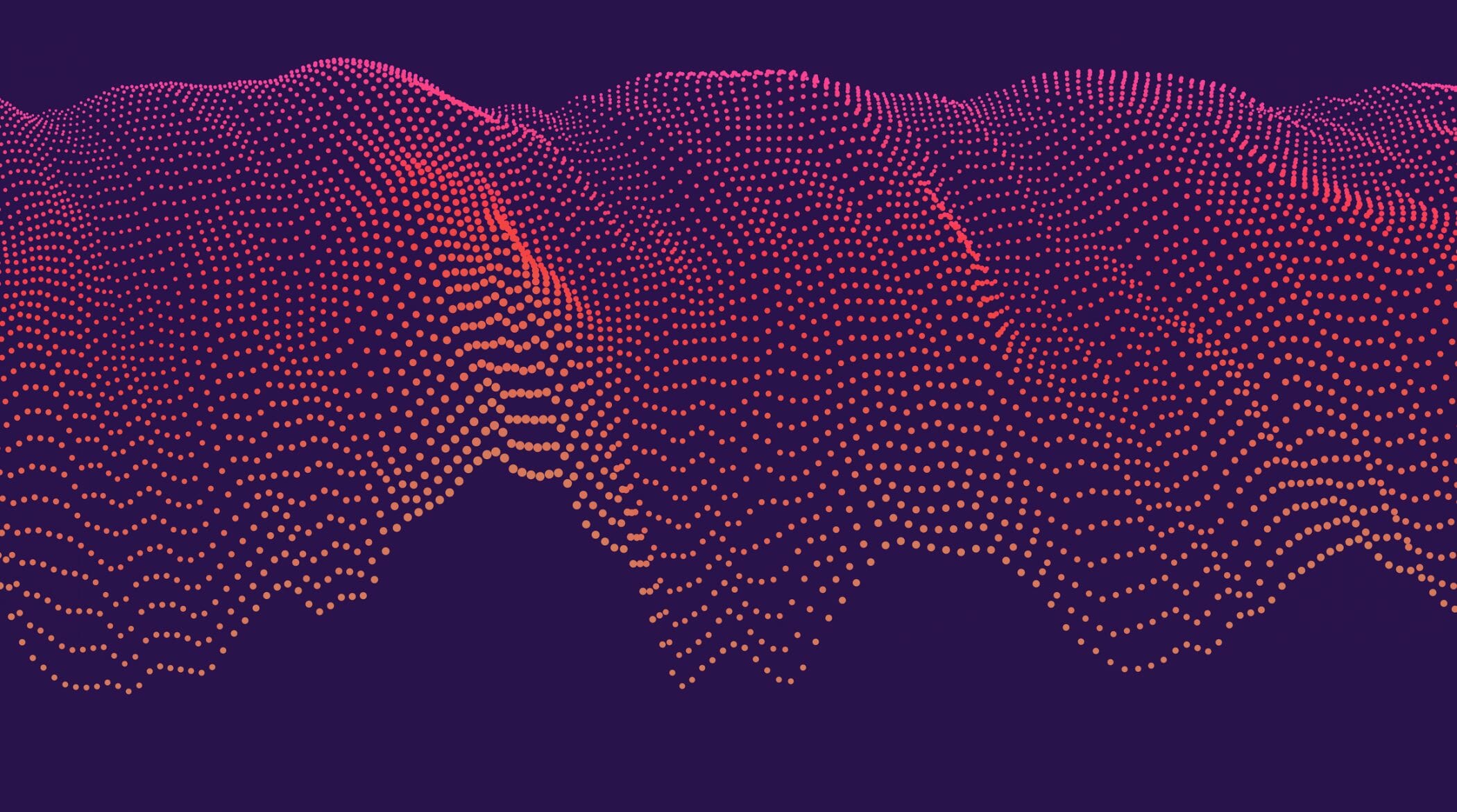
Editor’s Picks
SelfStudy Hopes to Continue the MOOC Revolution with AI-Powered Personalized Learning
By Henry Kronk
April 26, 2018
K-12 classrooms are no strangers to personalized learning. AI algorithms, furthermore, have been applied to several elearning initiatives in the effort to more effectively match learners with the knowledge they seek. On Thursday, however, a new machine learning-powered platform emerged that goes above and beyond what has previously been made available for professional re-skilling. SelfStudy is a platform that uses machine learning algorithms to keep professionals up-to-date and in the know in their respective fields with personalized learning. On Saturday, they will make their first public demonstration at the annual International Anesthesiology Research Society (IARS) meeting.
The platform was funded by the IARS and, so far, it has been used and tested primarily in medical fields. But according to CEO Brenda McLaughlin, SelfStudy can be put to use in virtually any professional sector.
“We started in [medicine] where people are managing their own education while they’re also managing their family and jobs,” McLaughlin said. “And really–who isn’t? This is something we’re all dealing with. It used to be only some professionals who had to deal with continuous upskilling. But today, technological advances are changing all of our work. Not only do we sometimes just want to learn something—like a new language—but we all need to be continuously upskilling. We need the tools to be able to do that effectively, efficiently, and accessibly.”
How SelfStudy Works
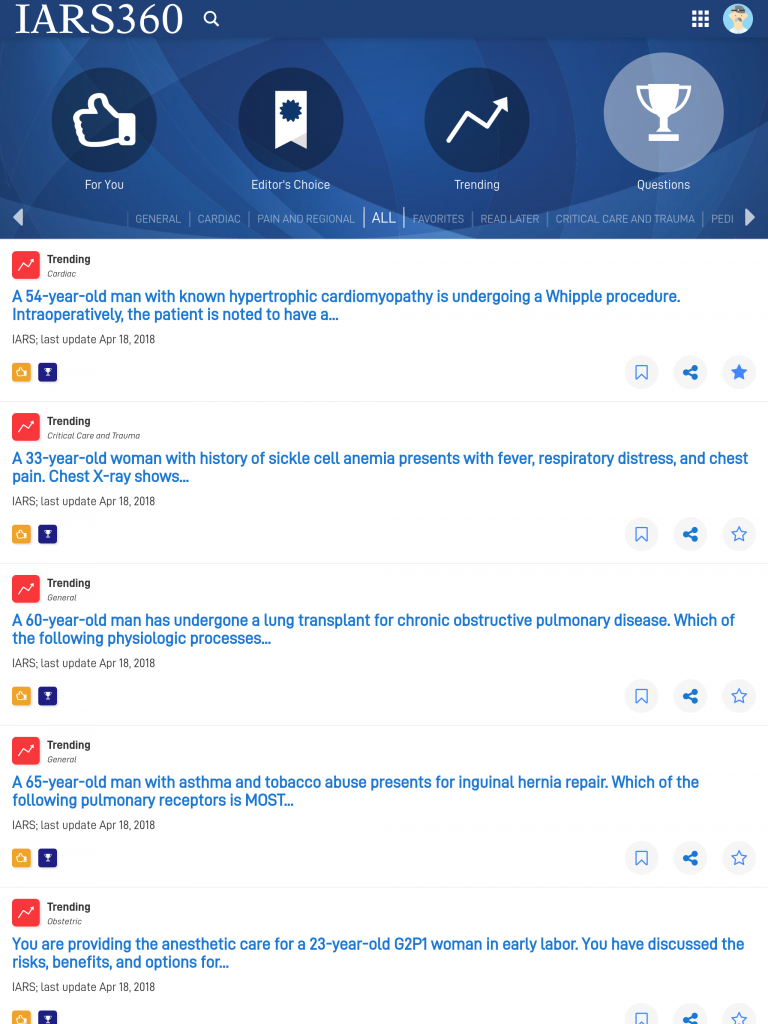
The platform populates a learner’s ‘course work’ with educational content from any entity willing to partner. It might be from academic journals, universities, media publications, special interest groups, government bodies—anyone who provides rigorous, vetted, up-to-date material. On the learner’s end, professionals begin with a basic, more traditional assessment to determine where they’re at in their respective fields and where they want to go. SelfStudy’s algorithm then determines what educational content is most relevant and matches them accordingly.
“Taking the algorithms and machine learning we’ve developed that focuses on education mastery, continuous assessment, (which also opens badging for certifications for those who want to offer them), we’ve applied those to discovery,” McLaughlin said.
In a basic sense, the goal of SelfStudy is to make the most relevant educational material as easily accessible as possible. In other words, they’re a personalized learning platform for professionals.
“We think the tools we’re offering continues the revolution of MOOCs. MOOCs made education accessible and distributed (mostly) traditional educational opportunities to anybody who had a computer,” McLaughlin said. “Now we want to take the power of computers and create personalized experiences. Because we all know from face-to-face interactions with teachers that personalized learning yields results.”
The Merits of Constant, Real-Time Reassessment in Personalized Learning
Personalized learning—by and large a widely popular pedagogy—has taken a few hits in 2018, even from within its own ranks. SelfStudy describes itself as a kind of GPS for learners showing them which way to travel on their educational journey. The criticism of personalized learning, however generally states that 1) it’s incredibly difficult to assess where learners are on their ‘map’ and 2) it’s very difficult to know what direction to point them in. Cart Reed, CTO of SelfStudy believes his team has overcome these obstacles.
“You could argue that if you don’t do assessment right, it doesn’t matter what else you do,” Reed said. “The assessment we use is not a mechanical system. I think most [personalized learning] efforts you see are rule-based. They’re basically like ‘if you see this, do this.’ The concept is that content is structured and you can figure out what the structure is. You can also figure out the structure of what a person’s understanding is. And if you put those two together, it works.”
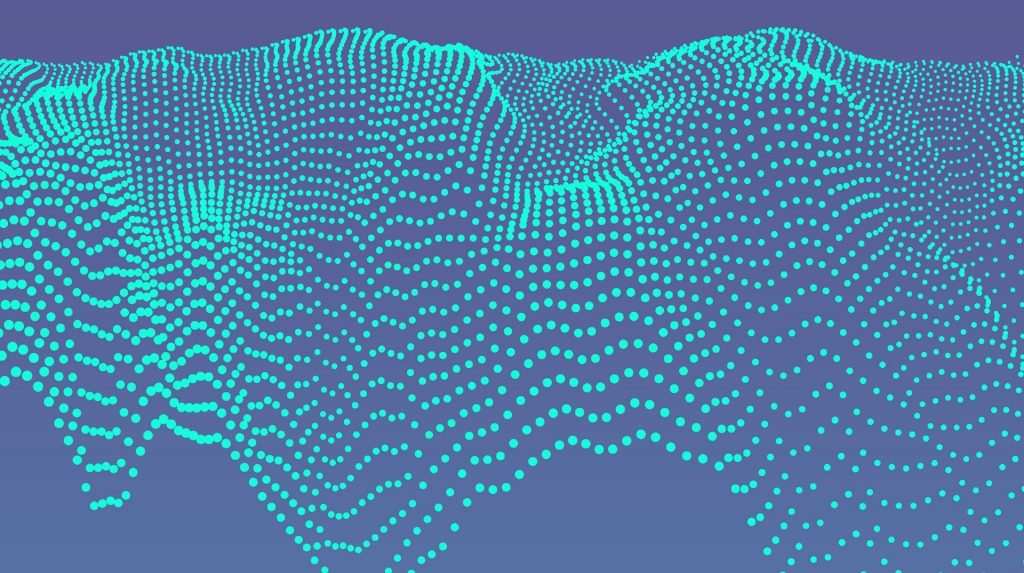 “To me, that’s like making an argument that the human brain is like a steam engine. It’s far more complex than that. People’s behavior changes minute to minute. Their capabilities are higher and lower on a daily basis, on an hourly basis.”
“To me, that’s like making an argument that the human brain is like a steam engine. It’s far more complex than that. People’s behavior changes minute to minute. Their capabilities are higher and lower on a daily basis, on an hourly basis.”
SelfStudy, however, continually reassesses both the relevance of the educational material and the capabilities of its learners in real time.
“The issue with all systems that I’m aware of on the commercial market is that they don’t reassess,” Reed said. “Because if you know the behavior of a learner changes rapidly, and you don’t change with it, you’re bound to get it wrong. Your assessment of where they were 30 minutes ago isn’t going to match anymore. Maybe they just were on a phone call and got some bad news. Maybe they were asleep. The assessment model you provide can’t keep a trail of data behind it. We don’t care about anything that happened a week ago. Even week-old data—if the learner is using the platform on a daily basis—isn’t really useable. When it comes to assessment you can’t make assumptions without testing them constantly.”
Reed and McLaughlin also believe that this constant reassessment safeguards against any issues with algorithmic bias that might crop up.
“Our data is based on people engaging in a series of staged presentations based on an assessment of where people are,” Reed said. “It’s based on their own data. We’re not testing them based on a community or against other individuals. The goal is for the system to be self-correcting. This isn’t a one-size-fits-all model.”
According to McLaughlin, the constant reassessment kills many birds with one stone. “There are tests that show that giving people results changes and improves performance,” McLaughlin said. “So we’re helping people improve but we’re also watching their performance because we can see, from that data, if there’s something wrong. If somehow our assessment does have some kind of bias in it and someone’s not progressing, we will notice.”


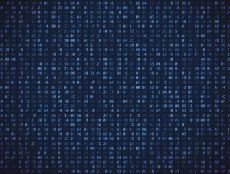

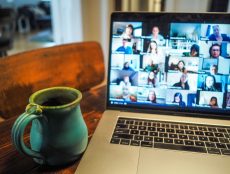


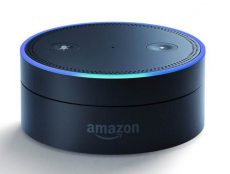

No Comments